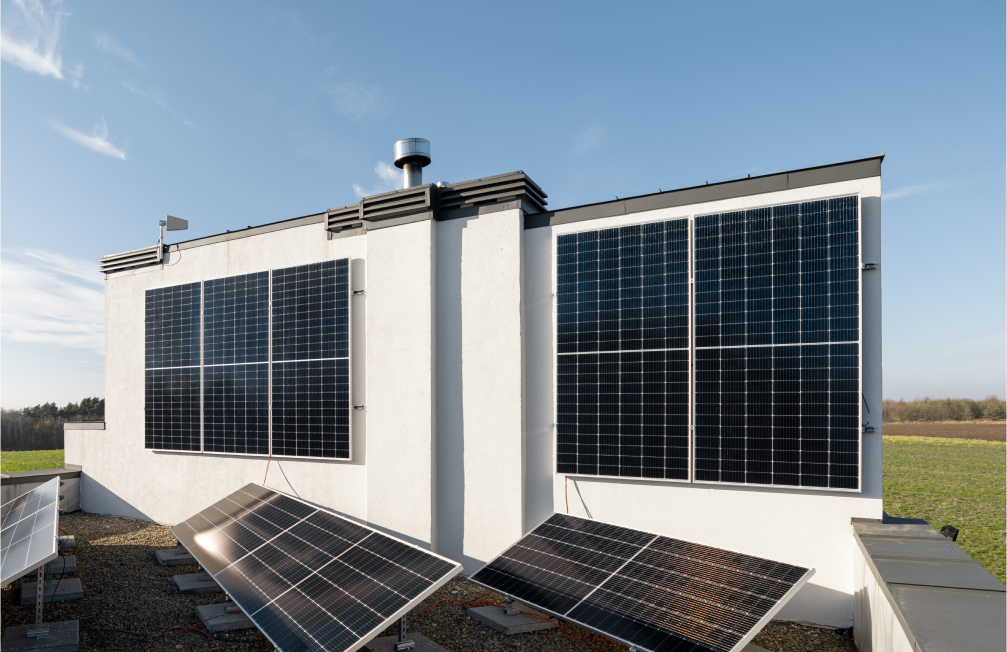
How Do Photovoltaic Panels Work?
In the quest for sustainable energy solutions, photovoltaic panels have emerged as a transformative technology, harnessing the power of sunlight to generate electricity. By transforming sunlight into renewable energy adapted to be used by households and businesses, they are no longer a luxury but must-have necessity. Photovoltaic cells, semiconductors, and inverters, working together to transform sunlight into fuel for your tv and fridge. Understanding the science behind these panels is essential to appreciating their impact on our environment and the potential benefits they offer.
“The International Renewable Energy Agency (IRENA) reports that solar energy accounted for the largest share of new electricity capacity worldwide in 2020, surpassing all other sources.”
Robinsun’s Plug & Play Kits are composed of a photovoltaic panel, a microinverter, and a set of our special connector cables. At the heart of panels are solar cells, constructed from semiconducting materials such as silicon. These cells facilitate the conversion of sunlight into electrical energy through a process known as the photovoltaic effect. When sunlight strikes the panels, photons transfer their energy to the electrons in the solar cells, liberating them from their atoms and initiating the generation of electric current.
Semiconductor materials, particularly silicon, play a crucial role in the functioning of photovoltaic panels. When sunlight interacts with silicon atoms, it energizes certain electrons, enabling them to move freely within the material. This movement creates an electric current, forming the foundation of electricity generation in photovoltaic panels.
Photovoltaic panels consist of interconnected solar cells, arranged in a grid-like pattern. Each solar cell comprises several layers with distinct functions. The top layer is made of an antireflective material, enhancing light absorption. Beneath it lies a thin semiconductor layer facilitating electron movement. This layer is sandwiched between two electrically charged layers, establishing an electric field that guides the flow of electrons in a specific direction.
“According to the Solar Energy Industries Association (SEIA), the cost of solar panels has decreased by over 70% in the past decade, making them increasingly affordable and accessible.”
While photovoltaic panels produce direct current (DC) electricity, most homes and businesses utilize alternating current (AC). To bridge this gap, Micro Inverters come into play. They convert the DC electricity generated by the panels into AC electricity, ensuring seamless integration with the existing electrical grid of the building.
Benefits of Photovoltaic Panels
- Clean and Renewable Energy: Photovoltaic panels harness the sun's energy, a renewable resource, to generate electricity. By reducing reliance on fossil fuels, they help combat global warming and promote a cleaner environment.
- Cost Savings: Investing in photovoltaic panels can lead to significant long-term savings, up to 50% on electricity bills. By generating their own electricity, individuals and businesses become less susceptible to rising energy prices from their electrical company..
- Durability and Longevity: Photovoltaic panels are designed to withstand various weather conditions and have a production warranty of 25 years or more. With proper maintenance, they continue producing clean energy long after their warranty period, ensuring a reliable and sustainable power source.
In conclusion, photovoltaic panels represent a remarkable technology that converts sunlight into electricity, offering significant advantages for individuals, businesses, and the environment. By harnessing the power of the sun, we can embrace a sustainable future, reduce our carbon footprint, and enjoy long-term cost savings. The widespread adoption of photovoltaic panels has the potential to revolutionize our energy landscape, paving the way for a cleaner and brighter future. Just plug and play!


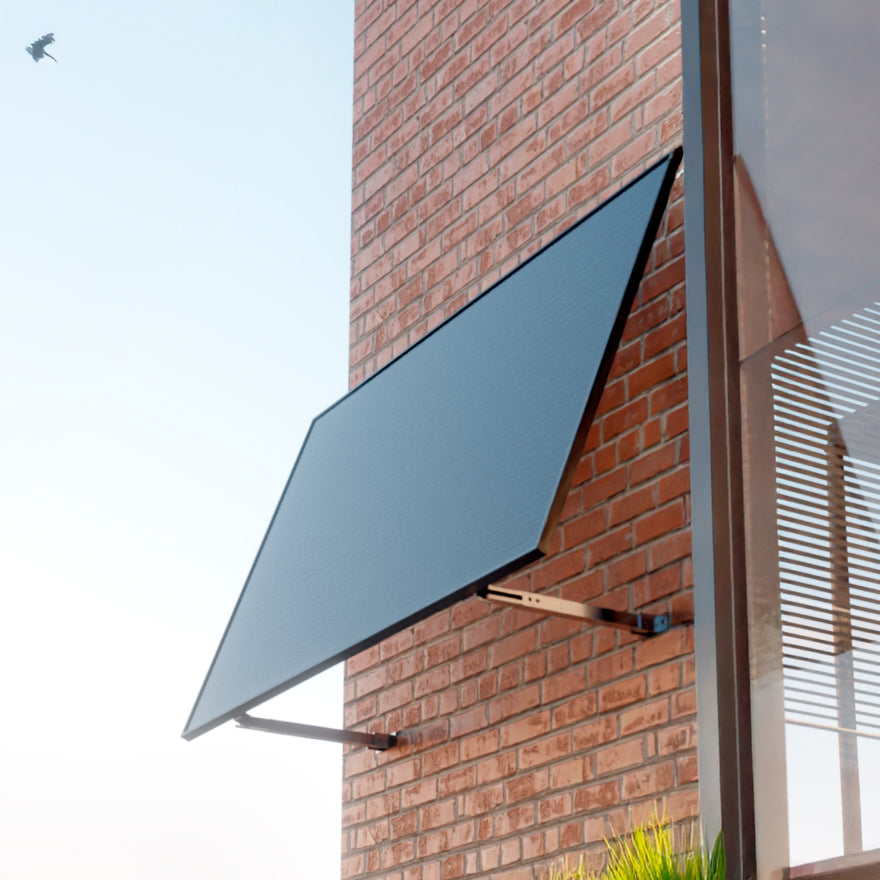
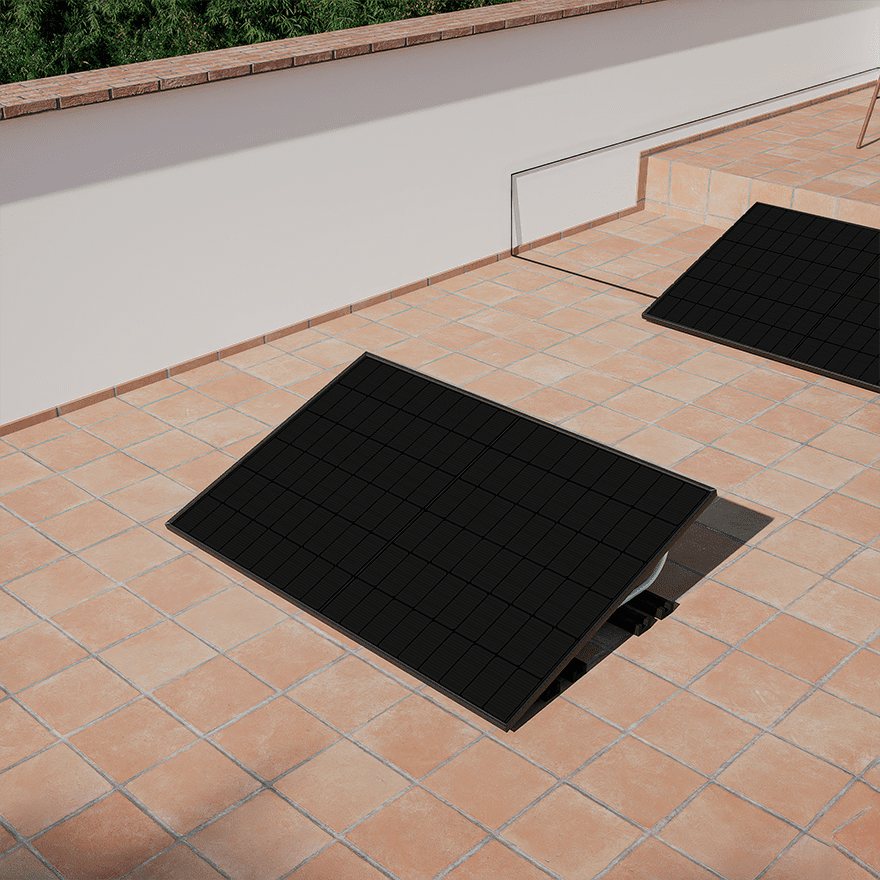
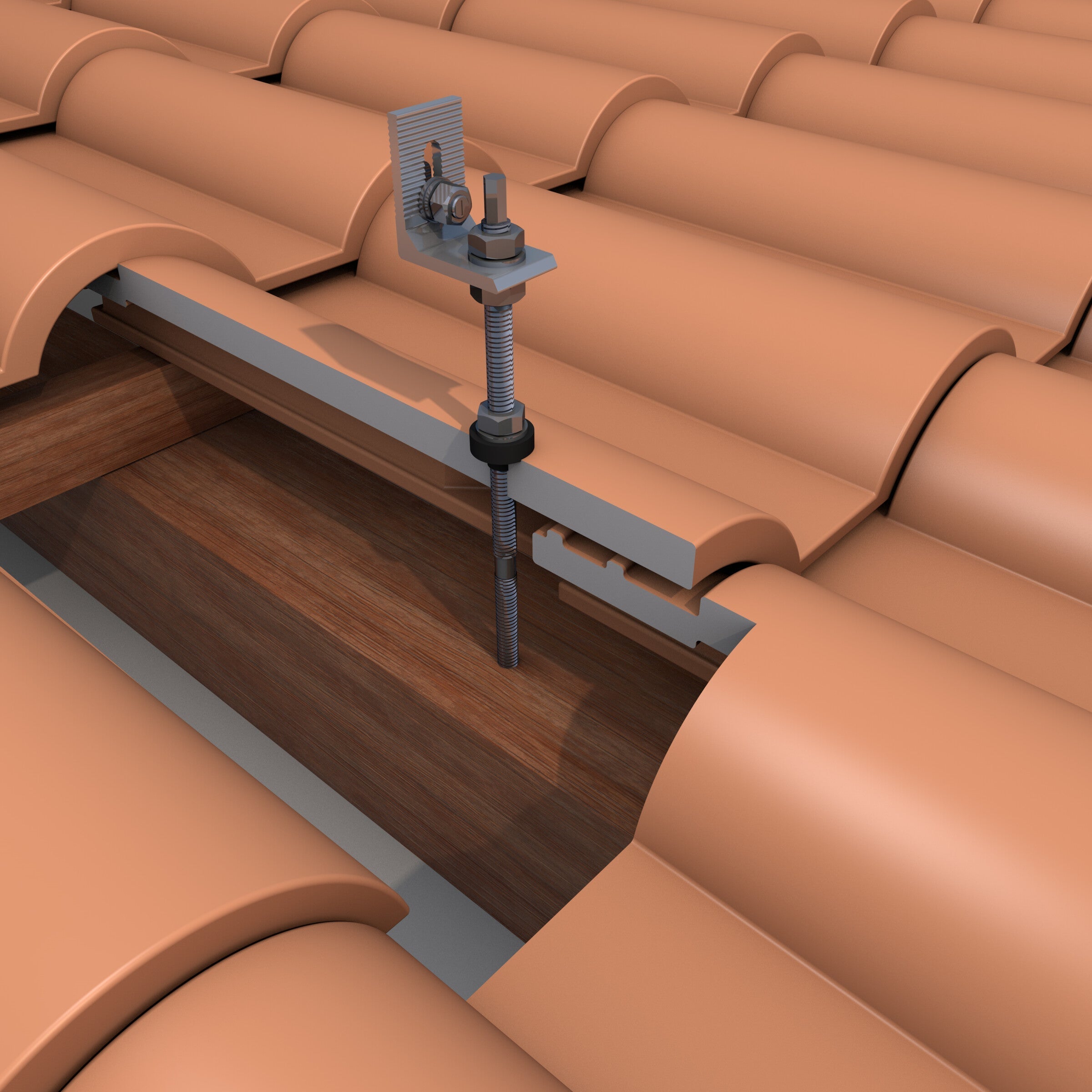
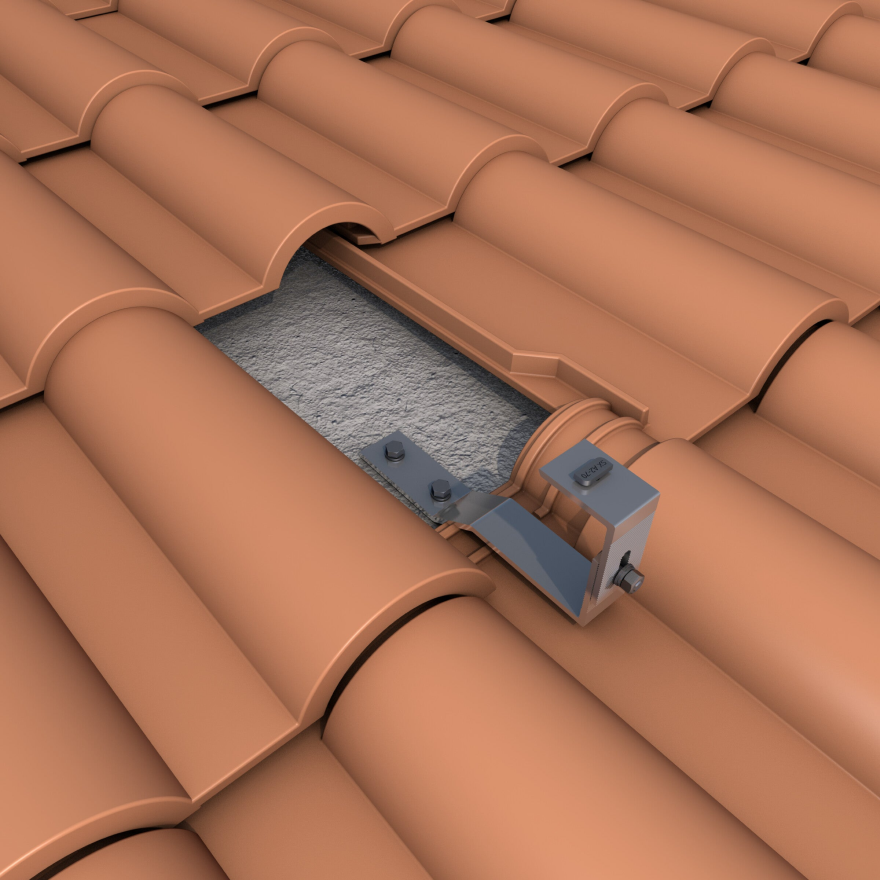

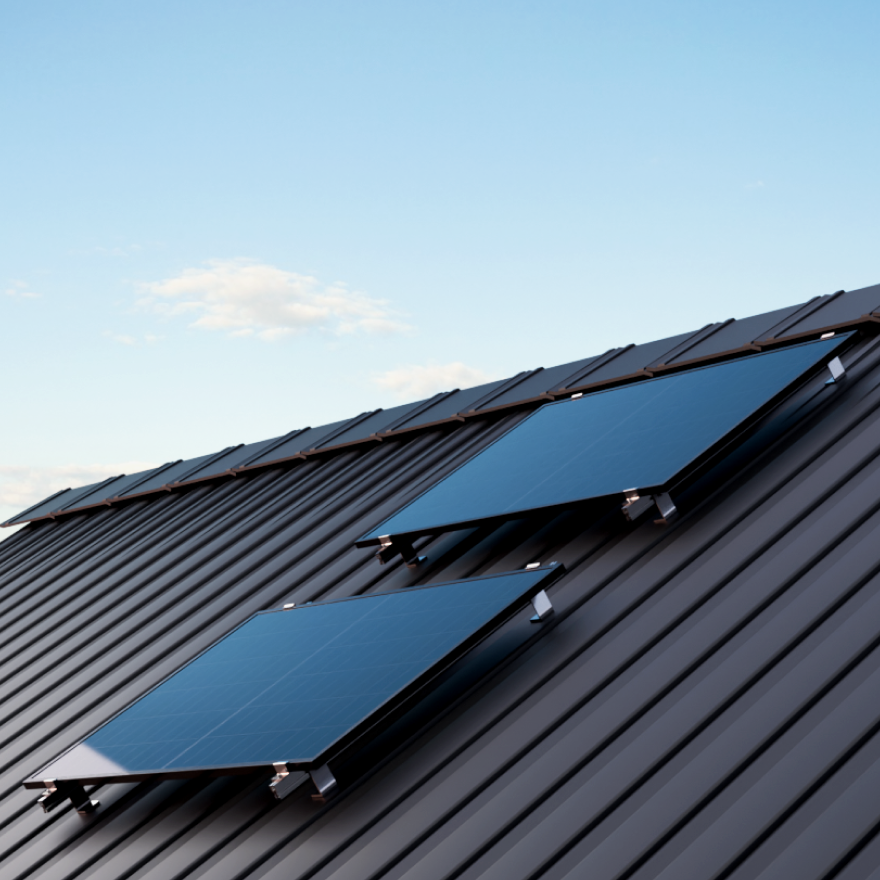
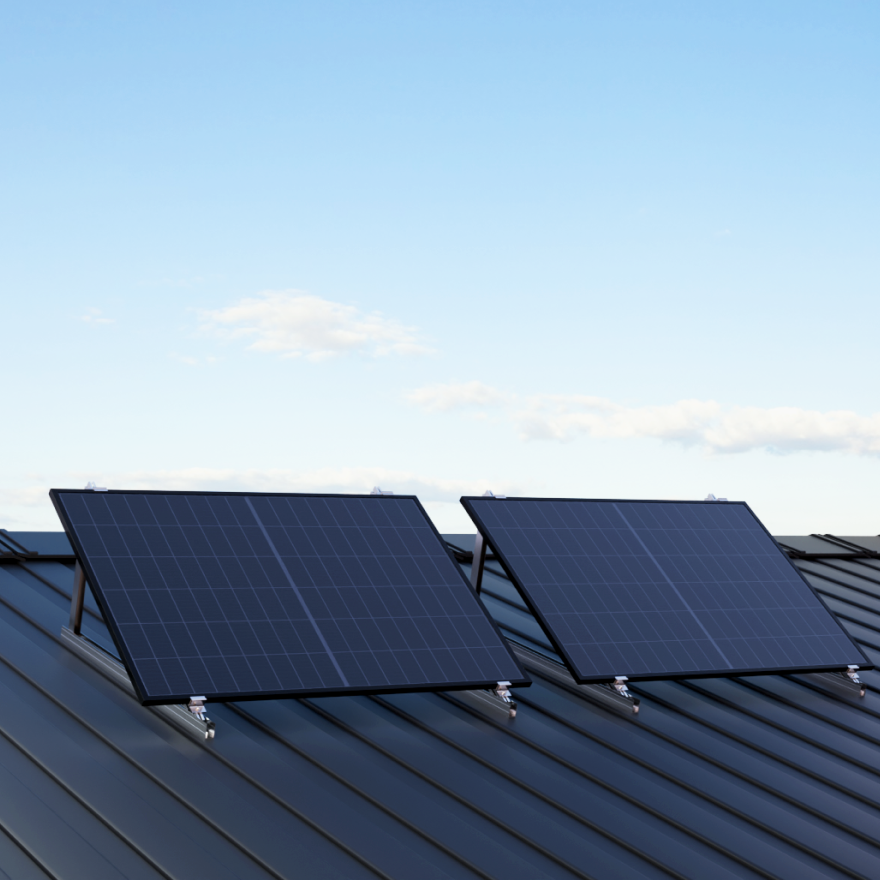
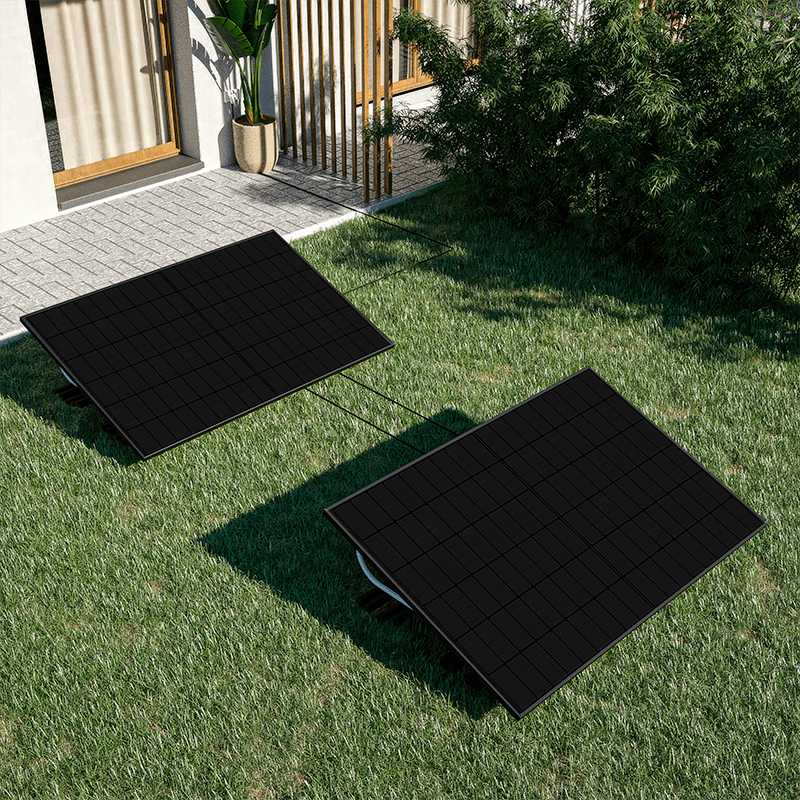
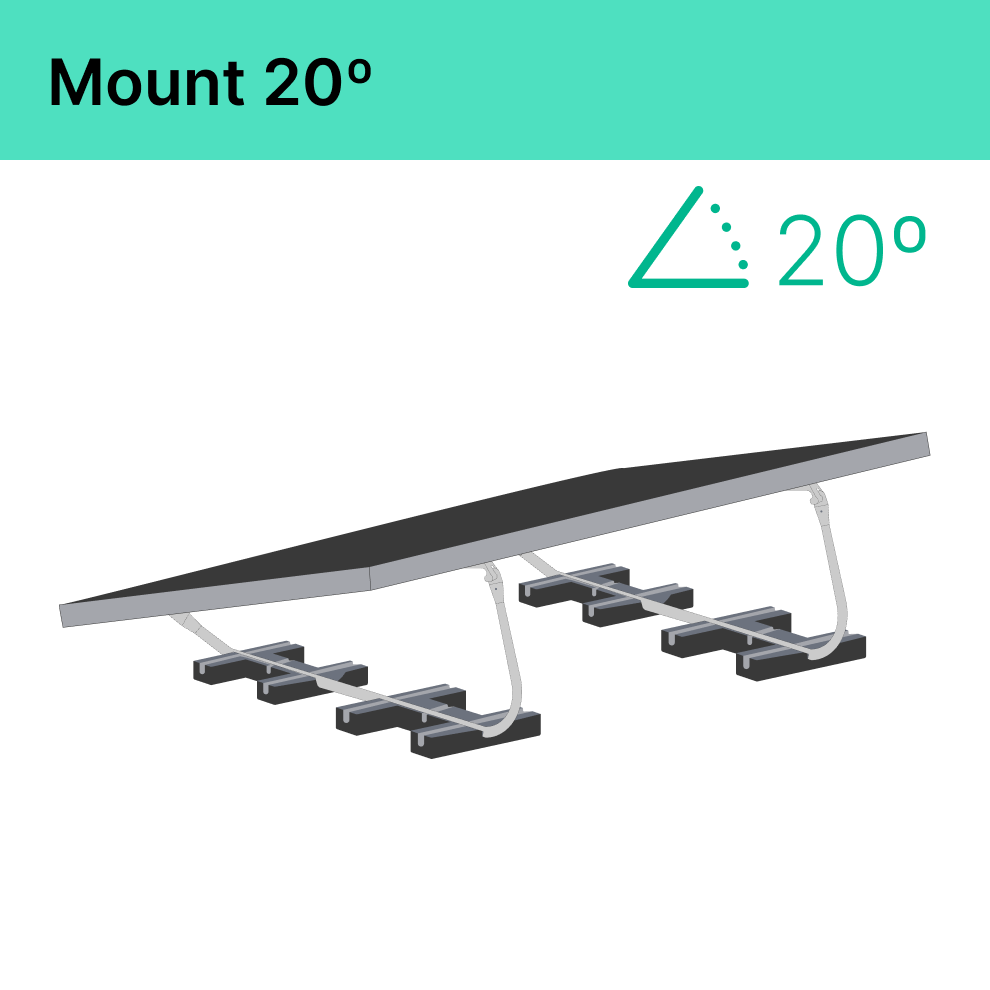
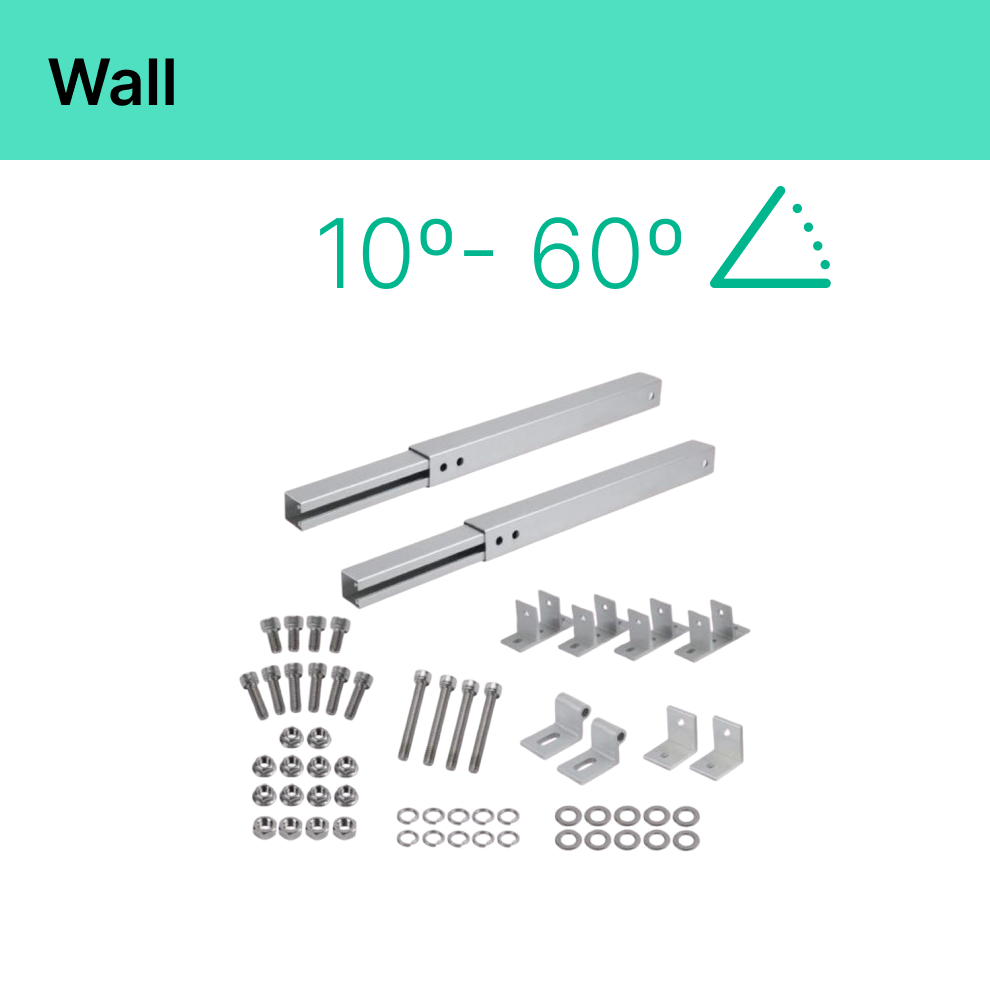
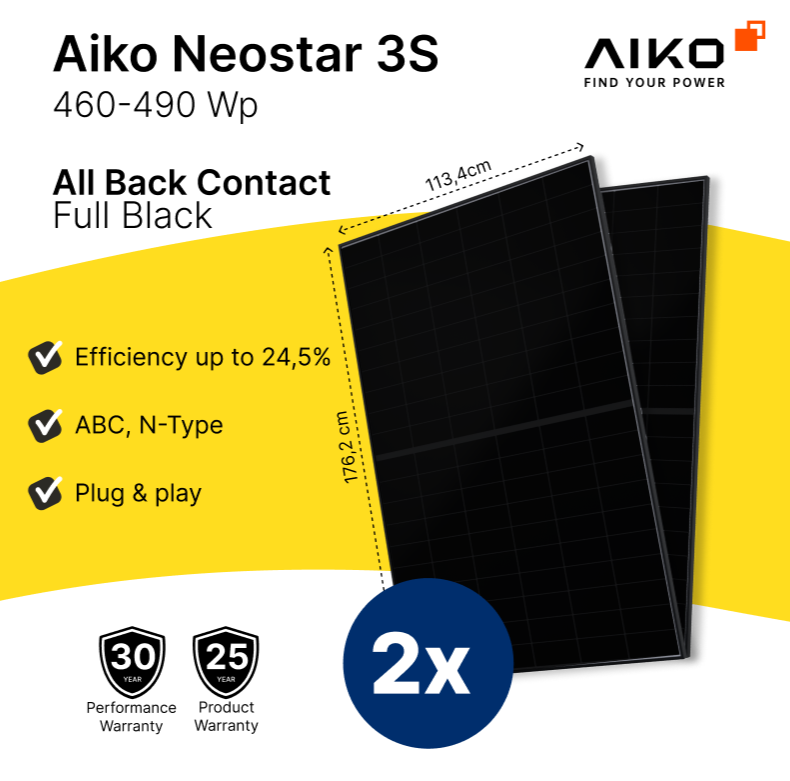
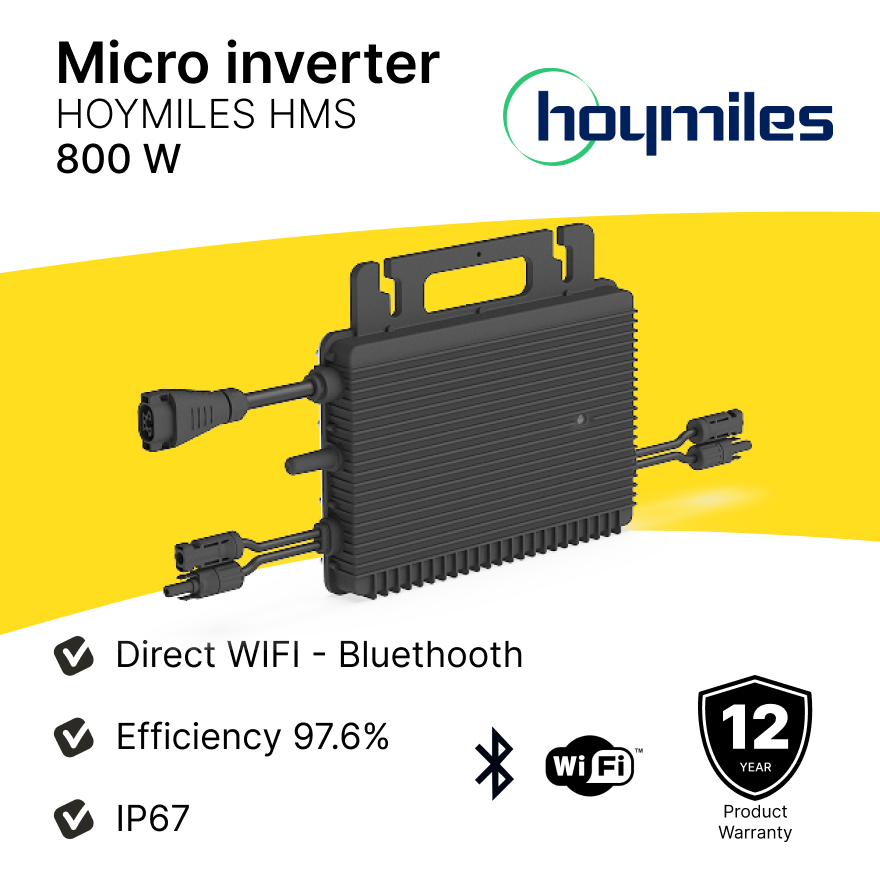

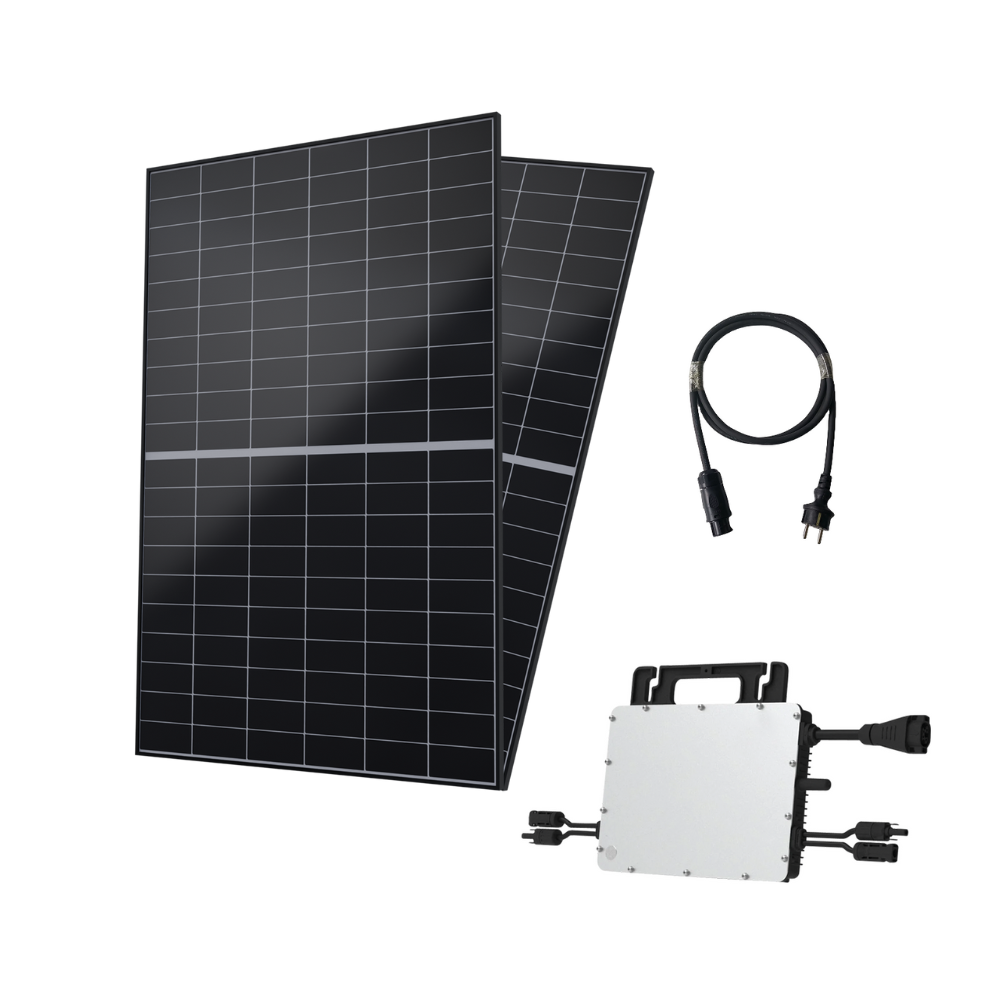
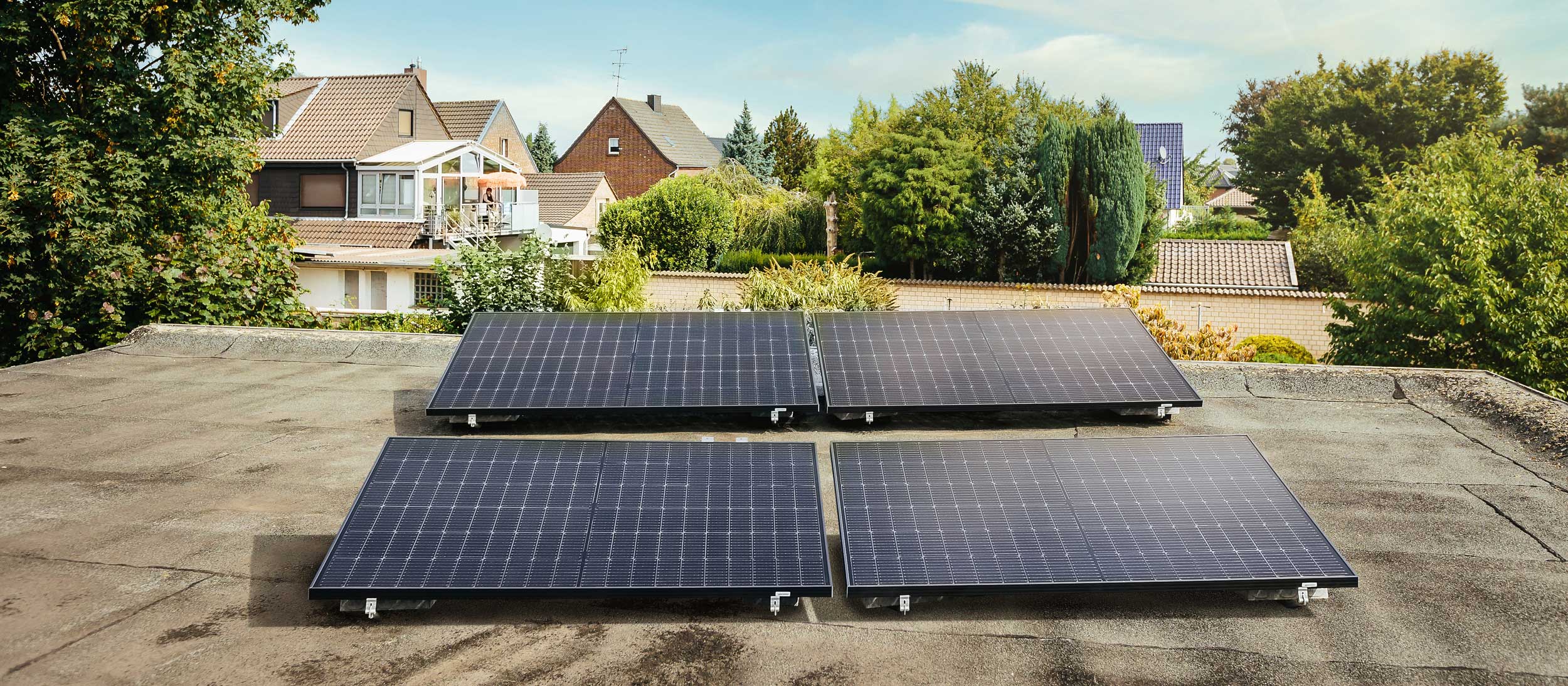
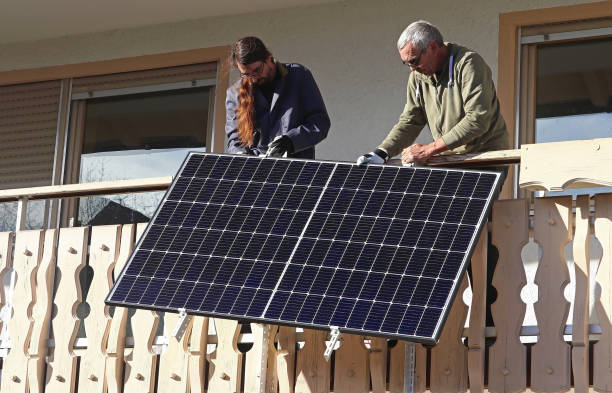
Leave a comment
This site is protected by hCaptcha and the hCaptcha Privacy Policy and Terms of Service apply.